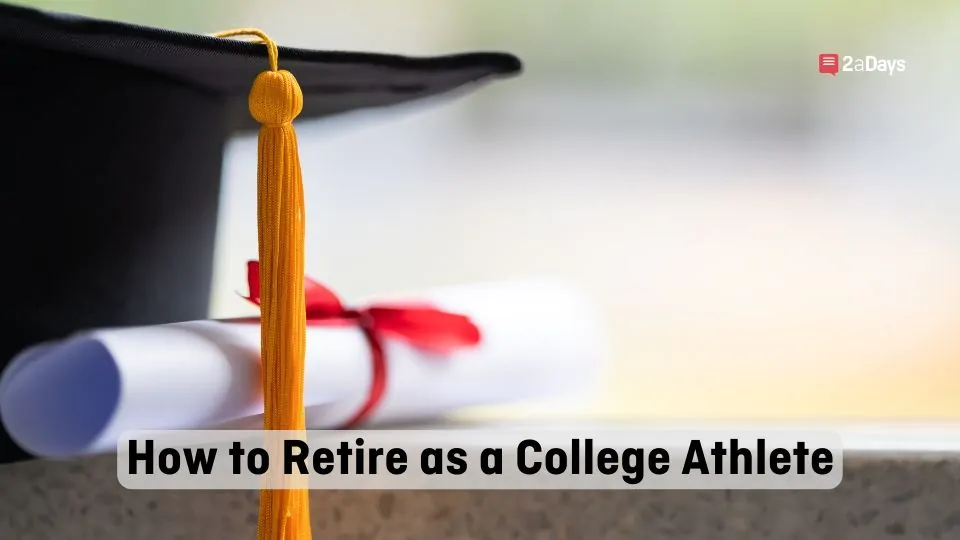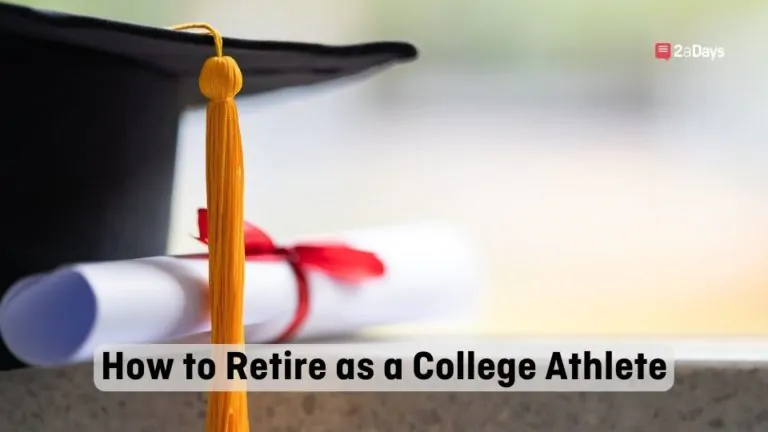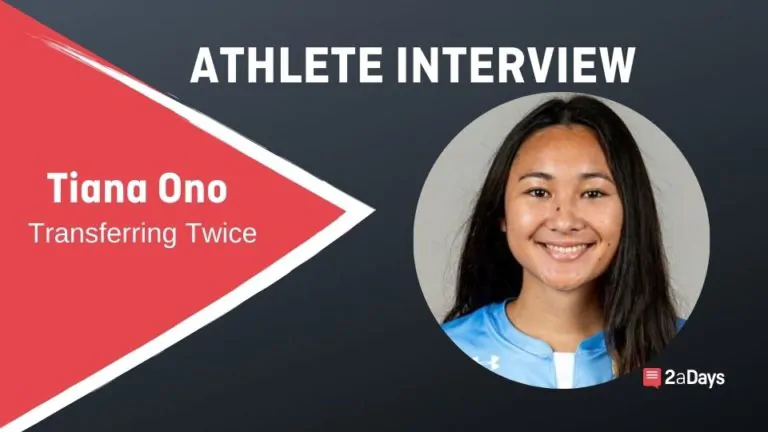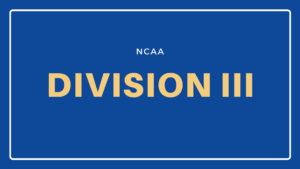For most college athletes, their experience competing in the sport will come to an end by the time they walk across the stage at their graduation ceremony. As much as this can seem like a long way away from those first starting college, there is a huge pressure graduating students are feeling with their commencement coming in the future. Closing on this chapter of your life can be very difficult, but we're here to help you adjust to life without athletics as the summer approaches.
Academic
One of the biggest concerns a graduating student can have, whether an athlete or not, is the quality of their resume. Sports, rightfully so, take up a lot of time, and between practices, workouts, and any other recovery, it gets difficult to fit in the career-building steps employers look for in recent-graduate resumes. This doesn't mean it is impossible, but there are some precautions you can take before you graduate.
Related: Your NCAA Career is Over…Now What?
Your school can be a fantastic resource. College is expensive, and part of that expense is their support of your career goals. They can have resume building programs, alumni networks, internship or job fairs, or even free photoshoots for your new LinkedIn profile. Plus, some schools have career fairs designed specifically for athletes–talk to your athletic advisor to see if there are any scheduled before you graduate!
However you decide to use these resources is up to you and your schedule. The name of the game is to make these connections early on, and to put as much dedication and time into your academic and professional career as you do in your athletic one.
Athletic
The biggest shock a recent graduate can have is how much free time is on their hands. As mentioned before, your sport can take over your schedule. And although collegiate athletics requires a lot more time dedication than most higher athletic institutions, there are still many ways to stay active. Club, intramural or league sports can offer some really fun options to continue playing post-college.
If you want to hang up your athletic gear for good, what might help you move on is having some type of meaningful send-off to your sport years. A lot of people like doing this by posting on Instagram, having a senior dinner with your coach, or including your athletic career in your graduation celebration with your parents. Whatever the case, make sure to end your years of dedication with a proper goodbye.
Related: Rate your Coaches, Facilities and Campus Visits
Social
A huge learning curve for some former athletes is branching out their friend groups from within their sport. Building camaraderie amongst a team is so natural–you spend so much time together, training through some really difficult practices that bonds are bound to be created. Although these connections can be really strong, having a group of friends outside of your sport is just as important.
You can find close friends in any different organization. A club you're a part of, people from your job, or anyone you might seem friendly with, don't be afraid to reach out and put yourself out there to meet others. You might not connect with people right away, but creating a network earlier on in your collegiate career can really benefit your post-college life.
An easy way to connect with people on social media! If you're not sure how to start a conversation or interaction, start by following them on their different social media platforms and get to know them a bit more.
Related: 5 Ways to Make Friends Outside of Your Sport
Mental
It can be hard leaving a huge part of your life behind when graduating from college. Make sure that you are aware of how this transition affects your mental health. Start by giving more time to understanding yourself more. Do different hobbies that promote a balanced-lifestyle
Having balance is necessary in creating a stable foundation to thrive off of. If you are able to manage these different parts of your life in an efficient way, it can prove to be the best lesson out there. So, be comfortable with the uncomfortable! Take chances on things that might surprise you! There are so many great things to look forward to when graduating and you're just getting started.
Related: The Mental Health Manual: Book Review
Emotional
Finally, the part that goes with your mental health, your emotional health. This is another job for your support system to help you with. Reach out to those around you to see how you might feel about this transition. It is a huge change for you to take on your own, but don't feel weird about reaching out to those you care about! You might be confused or alone in your experience, but this is just another step in your journey. Make sure you are aware of how you treat yourself in this changing point and you move toward a rewarding place.
Have an idea for a story or a question you need answered? Email us at [email protected]
* Originally published on May 17, 2022, by Catherine Light







